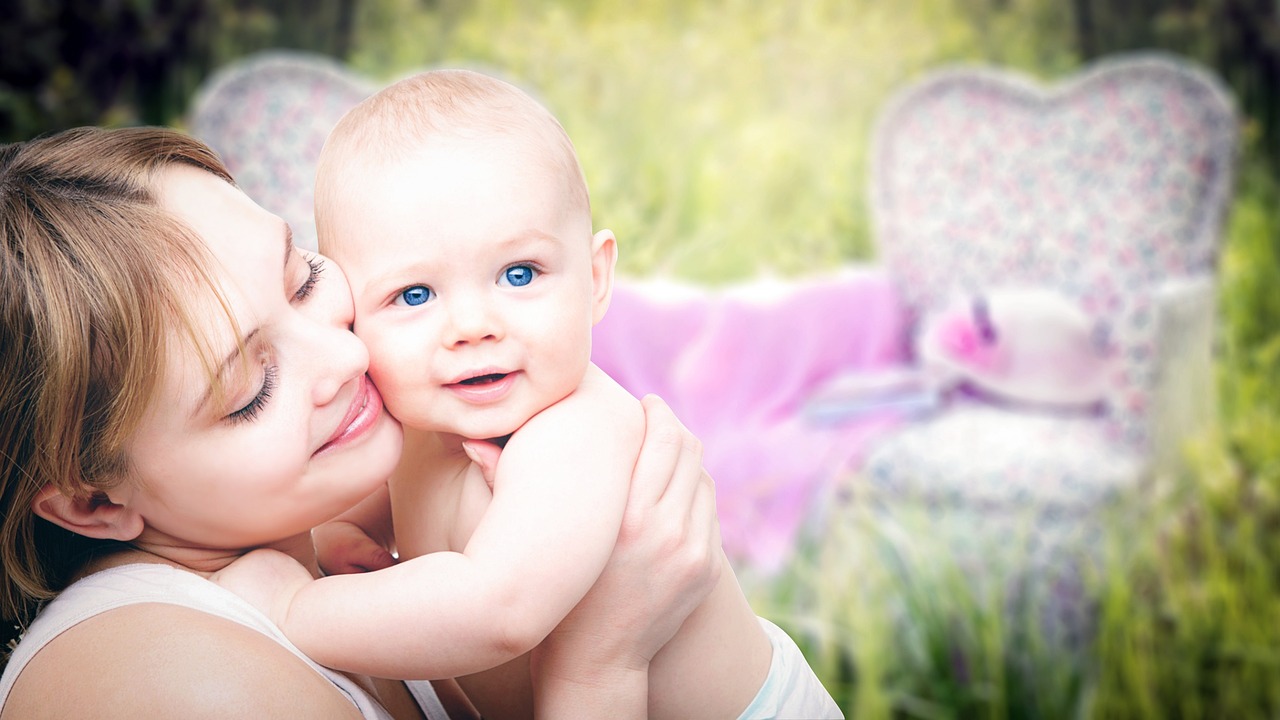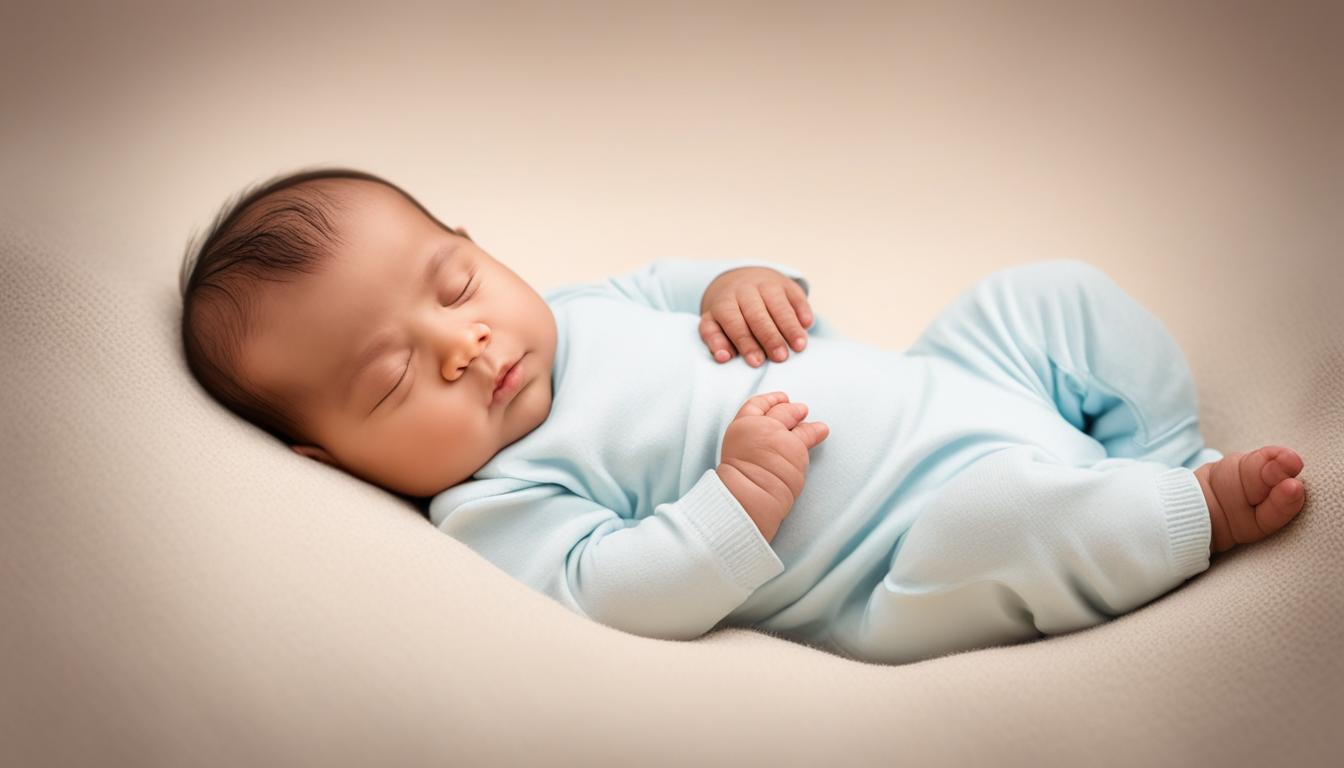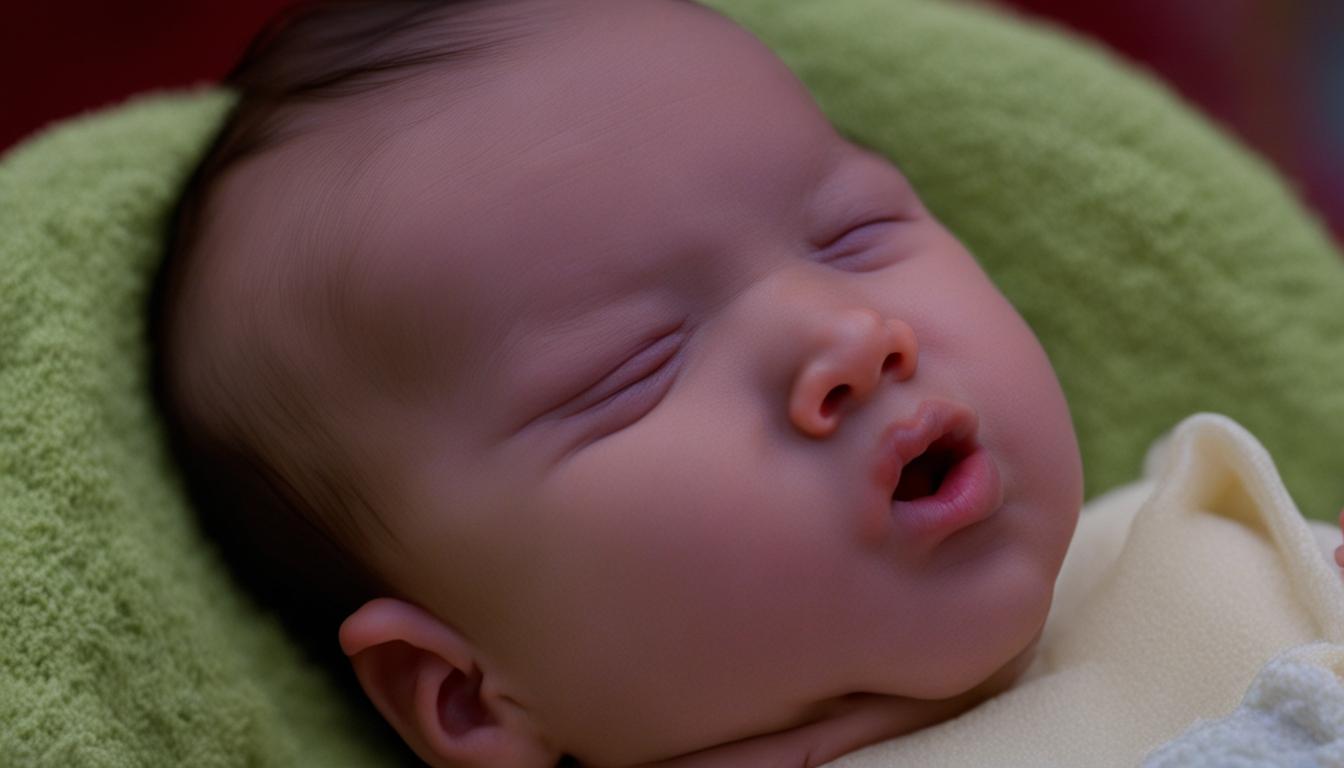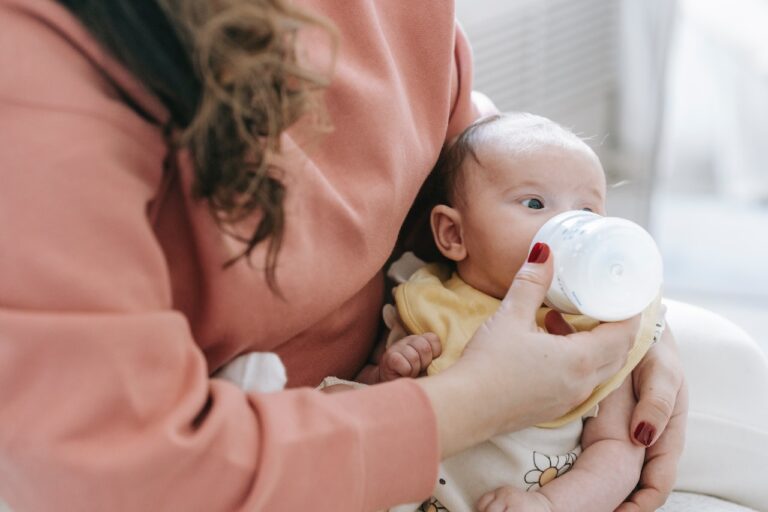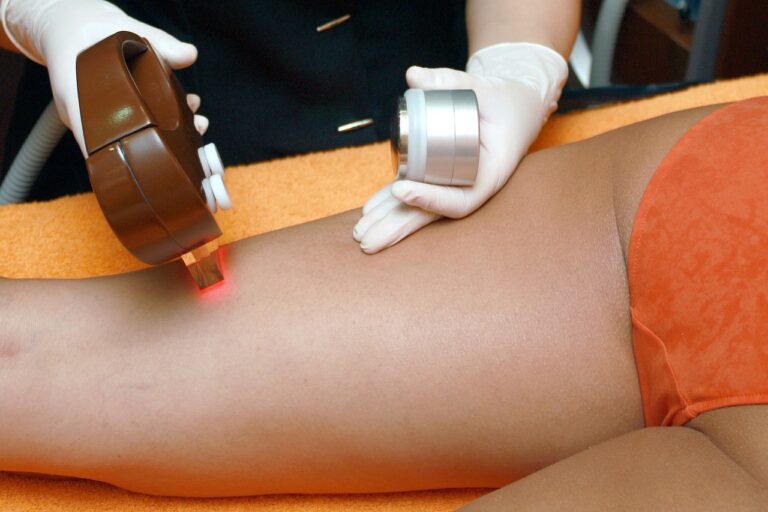How Much Caffeine Can You Have While Breastfeeding
Consuming Caffeinated foods for energy purposes is common around the world. Caffeine is a stimulant that occurs naturally in plants. It increases a person’s degree of vigilance.
Caffeine has various health benefits and is considered safe for everyone. Many mothers and nursing women, however, are concerned about its safety to drink coffee.
Coffee drinking is good! How far?
In moderation, drinking coffee, tea, or any other beverage is not detrimental to anyone. However, if your intake amount surpasses the threshold, you may suffer certain negative consequences. It may also have an effect on breastfeeding mothers and babies. These ladies would not have gotten enough sleep at night because of baby care. Breastfeeding mothers may opt to drink coffee to keep alert and awake for the sake of their newborn babies.
Is it safe to drink coffee while breastfeeding?
Mothers like being able to enjoy the taste of coffee or tea without any worries. Is it safe to drink coffee while breastfeeding? This is a major question from many nursing mothers everywhere. They have some queries or require suggestions from experts on this.
Recommended level of caffeine or coffee intake
To be clear, nursing moms can only have 470–710 mL of coffee or two or three cups on their own. Caffeine at the recommended dosage is safe for neonates.
What if a nursing mother consumed more coffee than she should have? If the mother drinks a lot of coffee, say eight to ten cups per day, the neonates will have health problems, including fussiness and jitteriness. The mother’s excessive coffee consumption disrupts a child’s sleep. Aside from the health of their babies, mothers who drink or eat excessive amounts of coffee may feel dizziness and anxiety. Other negative effects of excessive caffeine use include rapid pulse and sleeplessness.
Caffeine in breast milk
Vast levels, caffeine traces can be discovered in breast milk. According to experts, at least 1% of the caffeine taken by the mother will pass via breast milk. Caffeine may be difficult for infants to take, even at low doses. As a result, nursing women should drink coffee with care.
What happens inside the body after caffeine consumption?
After intake, coffee enters the circulatory system via the stomach. After the caffeine you ingest has been digested, the liver takes a stance on it. Caffeine lingers in an infant’s system for a longer amount of time than it does in an adult’s. Caffeine can be stored in the body of a neonate for up to five days. Caffeine breakdown takes a long time or develops slowly in newborns compared to adults.
Caffeine passes through breast milk to newborns, according to the information above. As a result, an infant’s body accumulates caffeine over time. The level of caffeine present in breast milk varies from one mother to other. The sensitivity of caffeine for babies also changes from one to another.
Caffeinated drinks are more likely to be found in breast milk if consumed on a regular basis. Caffeine is also found in soda and chocolate, in addition to coffee and tea. Caffeine is also present in several energy drinks.
Concerns about breast milk?
Do you have concerns regarding your baby’s sleep issue or the baby’s ability to stay awake due to coffee consumption? If this is the case, the advice below should be followed.
Experts’ recommendation
Are you a mother who breastfeeds? If this is the case, you can feed your infant before drinking coffee, tea, or any other beverage of your choice. After nursing, you can drink coffee or other caffeine-containing beverage. You must wait at least three hours before feeding your infant again without drinking any caffeine-containing beverages. During these hours, your body may entirely absorb the caffeine without it entering breastmilk.
If at all feasible, caffeine should be avoided or limited when breastfeeding. If you can’t completely eliminate coffee, limit yourself to one cup each day. Your perseverance is crucial to the health of your child. You should either quit consuming coffee or put it on hold until your child is able to metabolically digest caffeine.
The coffee withdrawal effect lasts for a few days, and after you can lead a normal life without any issues.
Amount of caffeine in a cup of coffee
It is estimated that a cup of coffee consists of 95 mg of caffeine. The amount of caffeine may vary in the drinks you consume. It may range from nill to 500 or 600 mg. Caffeine sources, such as black tea and green tea have 47mg and 2mg respectively.
Before taking caffeine, a nursing mother should check the amount. She can read the accompanying label to learn more about the product’s ingredients. Depending on the caffeine amount, the mother will proceed or decide whether or not to consume. Even decaffeinated coffee must be checked for caffeine content % by the nursing mother. Yes, it may contain traces of caffeine. Herbal teas may not contain caffeine in it which you have to ascertain.
Caffeine effect on babies
Some nursing moms are curious about the effects of caffeine on their newborns.
Drinking more coffee may have negative consequences for your baby. The negative impacts are
Oversleeping, lack of sleep, or an erratic sleep pattern may affect your infant. These habits can have a significant impact on a mother’s health too.
Irritability is yet another negative effect of excessive coffee use.
Caffeine effects on mother
Mothers’ reactions due to caffeine consumption on high
Migraines are one of the negative consequences of caffeine on nursing moms.
frequent urine, unsettled stomach, and a fast heart rate
sleeping difficulties due to muscular tremors
Breastmilk production
Is there any evidence or scientific study to support the claim that caffeine consumption impacts breastmilk production? There has been no study, and no studies have indicated the influence of caffeine on the level of breast milk production. Caffeine use does not affect milk production in a mother. So, a breastfeeding mother need not worry about caffeine intake for milk production.
Level of caffeine in light, medium, and dark brews
More caffeine is present in light roast brews when compared to other brews.
Is the baby sensitive to caffeine intake?
Yes, babies are sensitive to caffeine intake if it reaches above the normal or recommended level. A recommended level of caffeine intake by the breastfeeding mother does not have any effect on a baby. The signs of coffee stimulation are seen in a baby only if the level of caffeine intake increases per day.
Final thoughts
Many individuals believe that a cup of coffee or tea is harmful. Not like that but it is a pleasurable hobby for everyone, especially nursing moms. A nursing mother should not be concerned about the caffeine level of coffee or tea. For nursing women, a reasonable dose of coffee per day is advised rather than excessive use. The above article explains it to you in-depth.
Mothers must regularly monitor caffeine-related harmful effects in their newborns. The vast majority of babies have no serious caffeine-related issues. However, as previously said, you should be on the lookout for signs in your infant. As a good mother, you must restrict your coffee consumption while breastfeeding in order to protect your child’s health. Gaining a basic understanding of your daily caffeine usage is really beneficial to you.
FAQ’s
Is It Safe to Drink Caffeine While Breastfeeding?
Yes, newborns are sensitive to caffeine consumption if it exceeds the usual or suggested amount. A recommended level of caffeine consumption by a nursing woman does not affect the infant. The signs of coffee stimulation are seen in a baby if the level of caffeine intake per day increases. So, it is completely safe to drink caffeine while breastfeeding and no danger is involved in it. Side effects may occur only if you cross the limit of caffeine intake when you breastfeeding. So, the breastfeeding mother can check with an expert or her doctor to protect her child.
Does caffeine decrease milk supply?
Caffeine does not decrease a nursing mother’s milk production. There is no evidence to support this assertion, and no proof of science-based interference can be found online or from other sources. Clinical research has not supported this assertion, instead of making recommendations for breastfeeding moms’ caffeine intake per day. However, studies have provided recommendations for breastfeeding women if their children exhibit jittery behavior or a lack of sleep as a result of excessive caffeine use. So, you need not worry about milk production when you consume coffee. Click here
How much caffeine is too much?
We cannot decide on this subject, and hence no specific answer is found. The reason for this is that a mother must keep a watchful eye on her child for any caffeine signs. Caffeine’s effect on each child differs depending on age and health. The age of the baby is critical in this investigation. A nursing woman should not consume more than five or six cups of coffee each day. She is only allowed one cup of coffee each day. Furthermore, caffeine consumption differs from person to person.


